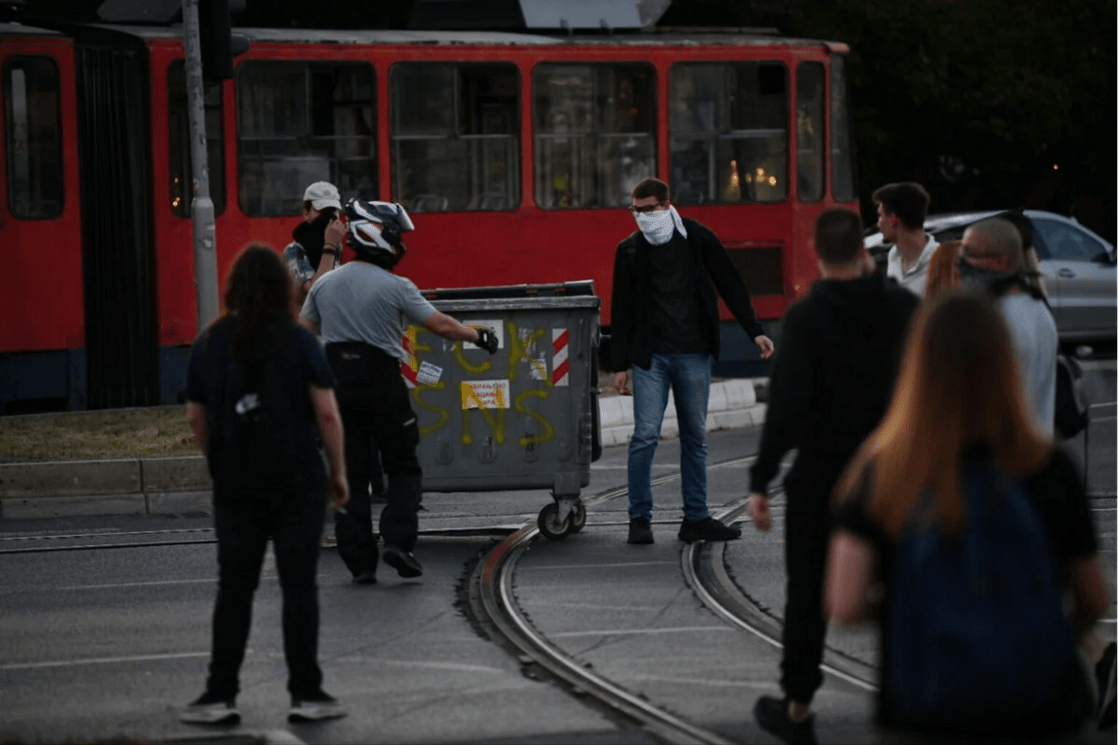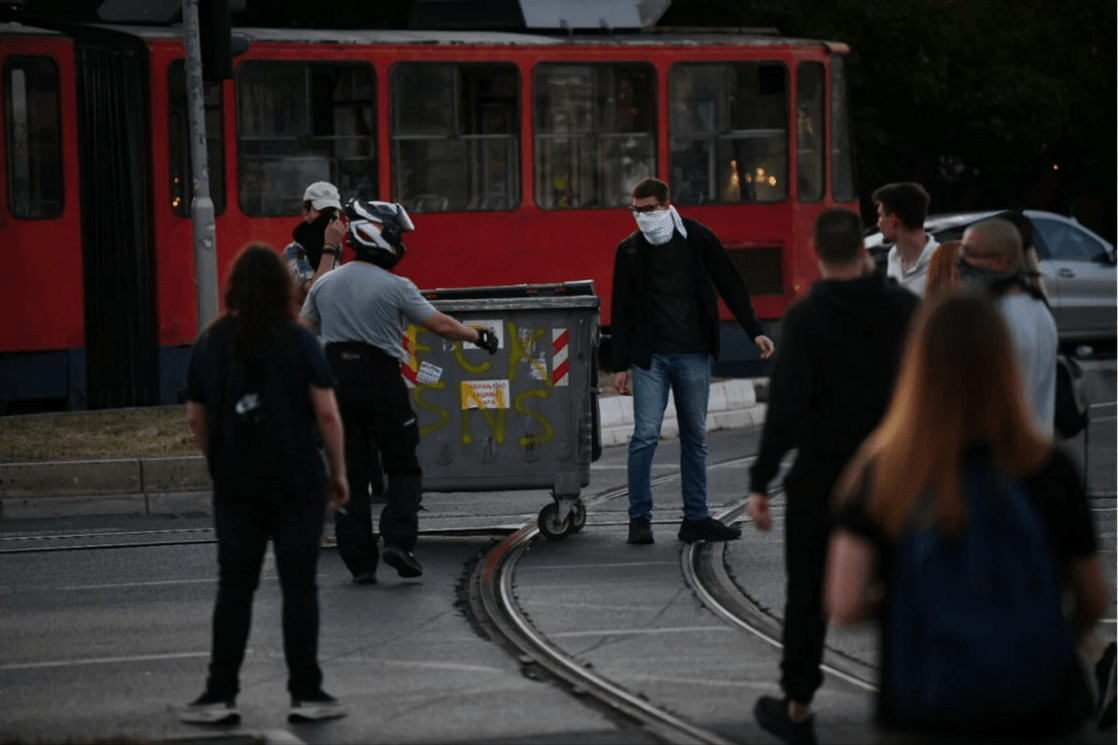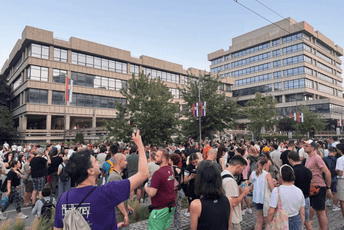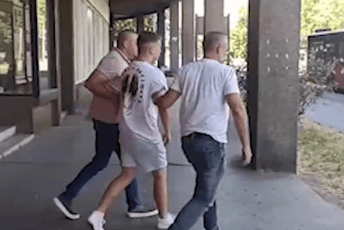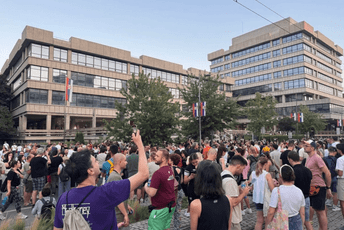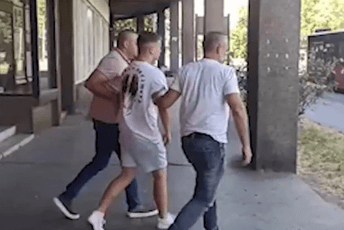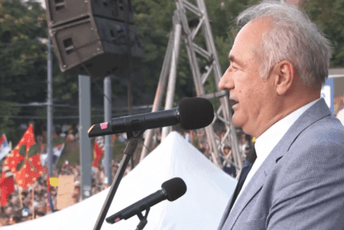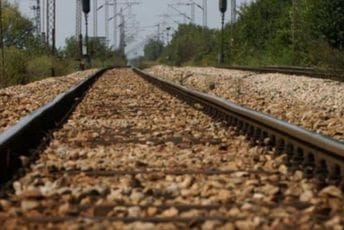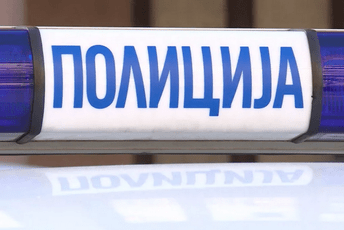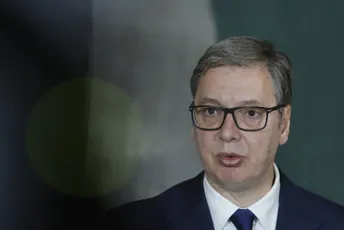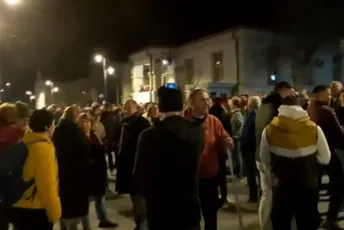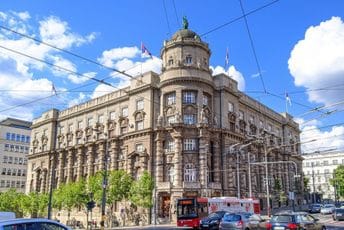Student Arrests in Serbia: Coup Attempt or Political Repression?
Serbia is currently the stage of a real-life drama that feels like a thriller, but sadly, it’s all too real. Several students have been arrested on suspicion of planning a violent change of the state order! Yes, you read that right – a coup attempt! But is it really that, or just another political repression? Let’s break down what’s going on.
What happened?
The Higher Public Prosecutor’s Office in Belgrade announced that in a joint operation by the police and the Security-Information Agency (BIA), a total of eight students were arrested. They are suspected of having, on June 20 and 21, in the premises of the Faculty of Electrical Engineering and the Faculty of Civil Engineering in Belgrade, planned and prepared attacks on state institutions, road blockades, and critical infrastructure across Serbia, aiming to violently change the state order.
Among the arrested are students from various cities: Zaječar, Smederevo, Kragujevac, Belgrade, Sombor, and Niš. One detainee was found with a pistol with a damaged serial number, and another with a crossbow. Yes, a crossbow! It’s like a medieval throwback with modern weapons.
Protests and Reactions
Following the arrests, citizens across Serbia took to the streets in support of the detained students. Traffic was blocked in about ten cities, and massive protests were held in Belgrade’s Slavija Square and other locations. Students demanded the dissolution of the National Assembly and the calling of early elections, as well as an end to pressure and arrests.
However, the government is not backing down. Serbian President Aleksandar Vučić declared this a “colored revolution” and stated that the state will not allow violence. He accused the Rector of the University of Belgrade, Vladan Đokić, of terrorism for supporting the student blockades. Vučić promised that the perpetrators will be brought to justice and that the state will be protected at all costs.
Police and Violence
Clashes broke out between police and demonstrators during the protests. The gendarmerie used tear gas and batons, dozens were injured and detained. Students called on citizens to record and send evidence of police violence, claiming they were left alone in the fight for their rights.
Political Background
This situation is not surprising. Students and citizens have been protesting for eight months over the collapse of a canopy at the Novi Sad railway station, which killed 16 people. They demand political and criminal responsibility for the tragedy, but the government ignores their demands.
Instead of dialogue, the government chose repression. Arrests, accusations of terrorism, media campaigns against students and opposition, and pressure on professors and artists supporting the protests have become daily realities in Serbia.
What’s Next?
The situation is tense and uncertain. Students have given an ultimatum until June 28 to meet their demands, but the government refused to negotiate. Protests continue, and the country is on the brink of conflict between civil discontent and the state apparatus.
Is this really a coup attempt or just an excuse to suppress freedom of speech and the right to protest? Will Serbia choose dialogue or repression? One thing is certain – this is not the end of the story.
Conclusion
The arrests of students in Serbia and accusations of preparing a violent change of power raise many questions about the state of democracy and human rights in the country. While the government claims to protect the state, many citizens see it as an attempt to suppress freedom and political repression.
If you have your own take on this, feel free to share it. Who knows, maybe your joke or comment will break the tension and bring some laughs to this serious situation.
Slug: student-arrests-serbia-coup-political-repression





